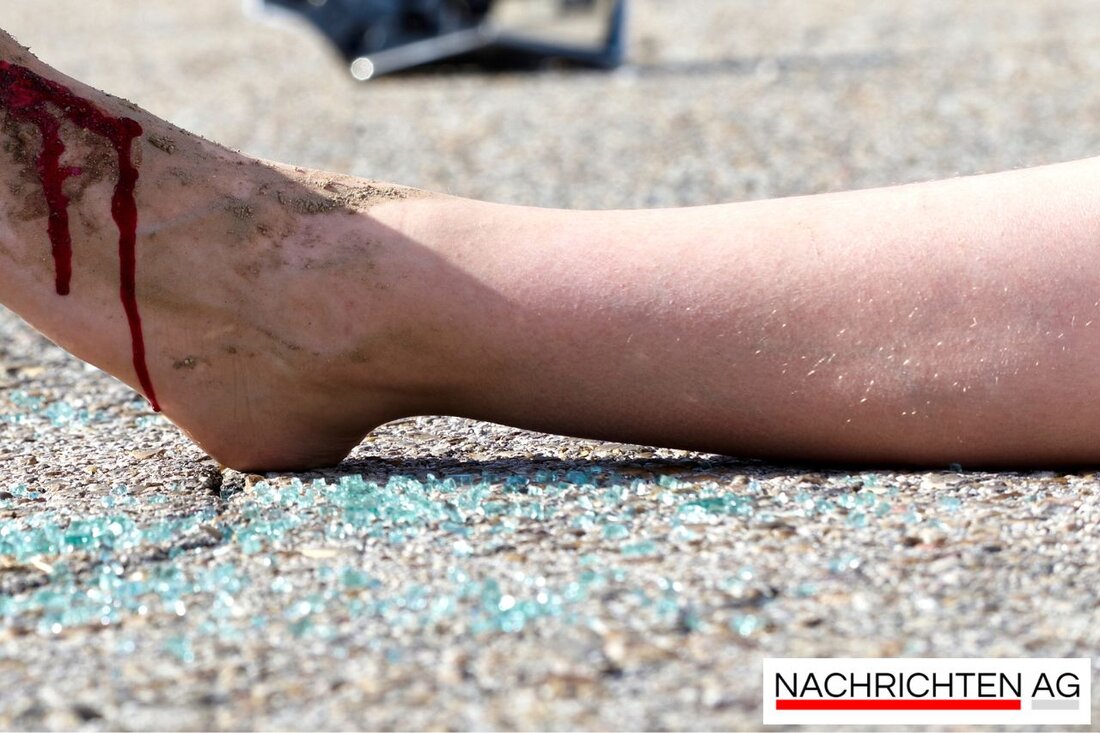Use old bicycles for sustainable mobility in Mariahilf re -recalculate!
Use old bicycles for sustainable mobility in Mariahilf re -recalculate!
In Mariahilf, new ideas for sustainable mobility bloom. The district has been committed to considering old bicycles as a scrap but as a valuable resource. In a joint initiative by the SPÖ, Greens, ÖVP and NEOS, an application for the use of these bicycles was unanimously accepted in a district council meeting. This project is intended to draw attention to Abandoned Bikes that are parked in public space. The city cleaning, represented by the MA 48, will test the bicycles in the first step and with the help of a notification loop, inform the owners that the bike will be removed within about four weeks if it is not picked up.
What exactly happens with the orphaned bike? If the bike remains unaffected after this period, it ends up in the MA 48 custody place in Simmering and after two months it goes to the property of the city of Vienna. Markus Rumelhart, the district leader of Mariahilf, emphasizes how important the connection between environmental awareness and mobility is. According to his information, approximately 10% of the bicycles that can be repaired slightly are sold to the 48-seater, while a further 10% are passed on to social institutions that support people in reintegration in the work process.
Citizens are actively involved by calling them to be called up for a suspiciously for a long time to report bicycles. This can be done directly at the district head or via the "Sag’s Vienna" app. The MA 48 removed around 2,000 bicycles from the cityscape last year alone, including about 100 from the 6th district. The aim is to further expand the use of bicycles through stronger citizen participation and cooperation with workshops in the Grätzl.
sustainability and mobility concepts
The discussion about sustainable mobility has become more important not only in Vienna, but also nationwide. Big Data plays a central role in making mobility more effective and environmentally friendly. A study by the Goslar Institute for Consumer -friendly insures the importance of mobility data. This data not only serves to improve transport infrastructure, but also contribute to the development of future -oriented traffic concepts. An attractive solution for public transport should be created that is not only environmentally friendly, but also cost -effective.
The need for a mobility turn is undisputed. Despite technical progress in the area of clean and quiet vehicles, motorized traffic remains a major environmental impact. About a fifth of all greenhouse gas emissions in Germany results from traffic. The aim is to significantly reduce the annual emissions by 2030 and ultimately become greenhouse gas -neutral by 2045. These ambitious plans are underpinned by good data and innovative traffic planning.
The achievement of sustainable mobility requires a mixture of measures and not just technical solutions. This includes relocation to more environmentally friendly modes of transport and the use of renewable resources. An integrated approach that also includes non-technical measures is considered essential to achieve the climate goals.
In this context, the exchange and cooperation within the communities also play a crucial role. The Federal Environment Agency emphasizes the importance of a comprehensive traffic strategy that is aimed at the needs of citizens and at the same time takes economic and ecological aspects into account.
The ideas in Mariahilf could therefore serve as a prime example for other districts, because when it comes to sustainable mobility, the Wiener Weg may also be the right one!
| Details | |
|---|---|
| Ort | Mariahilf, Österreich |
| Quellen | |


Kommentare (0)